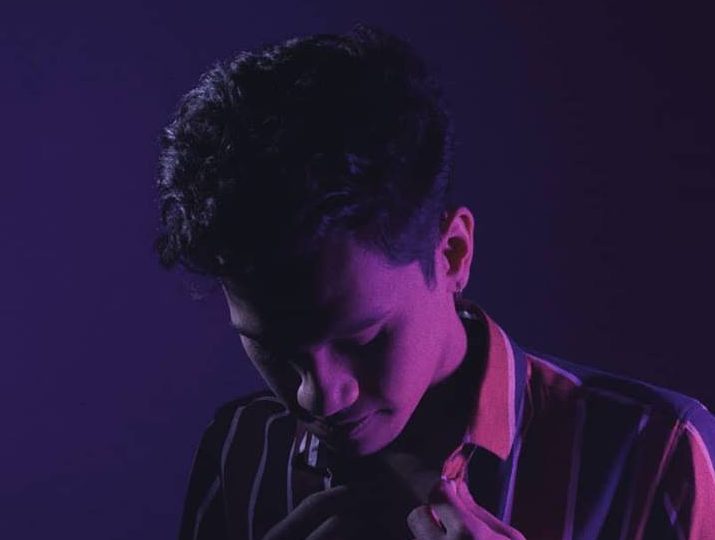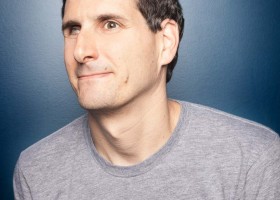Punk Rock, The Power of Music and Finding Hope in ‘Songs That Saved My Life’
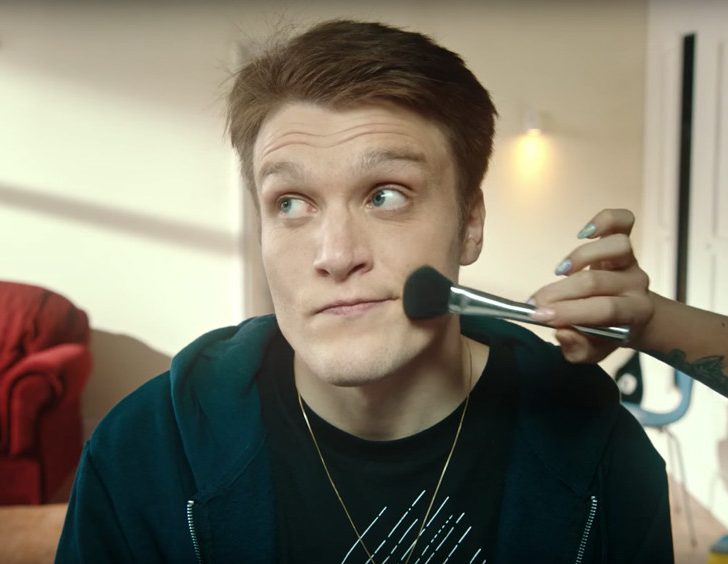 Thirsty for JUICE content? Quench your cravings on our Instagram, TikTok and WhatsApp
Thirsty for JUICE content? Quench your cravings on our Instagram, TikTok and WhatsApp
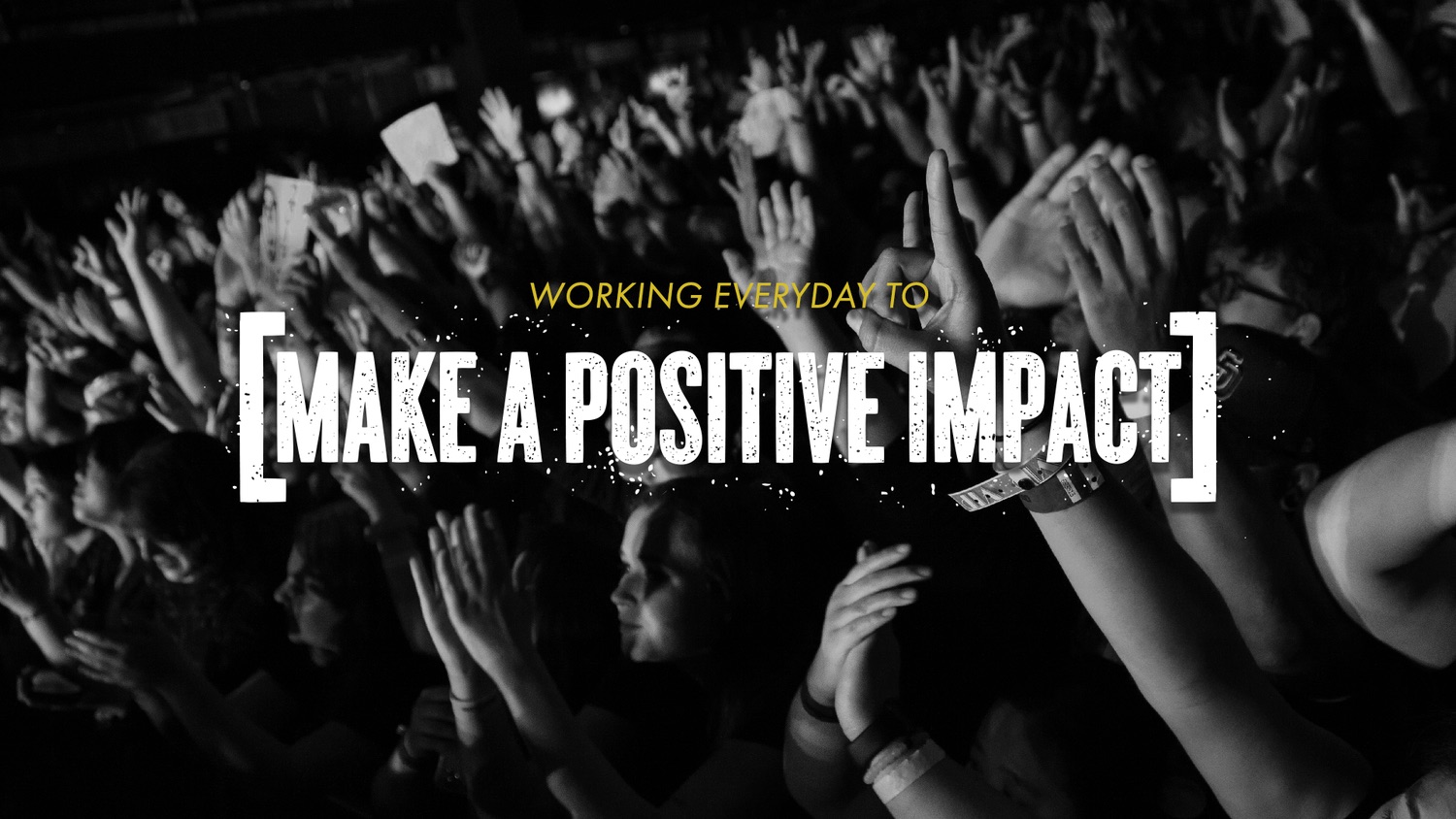
Mental health and suicide have always been taboo in Malaysia and if we go back a little, these conversations have only been going on for a few years. Although it’s 50/50 reaction, social media have given people a platform to discuss and voice out their thoughts, experiences and journey with mental health – which is important because no one should suffer in silence even if it’s in your own mind. We need to keep having these discussions until the stigma no longer exists.
Everyone needs to know that they’re not alone and that having struggles is not an alien feeling. There are truly good people who care, and there are different ways for each one of us to deal with our troubles, be it big or small.
Music has always been proven to be therapeutic. Some people feel calm when they listen to Coltrane, and some need to sweat it out moshing to heavy metal. Whatever your scene is, music helps you connect with people who might feel the same way as you.
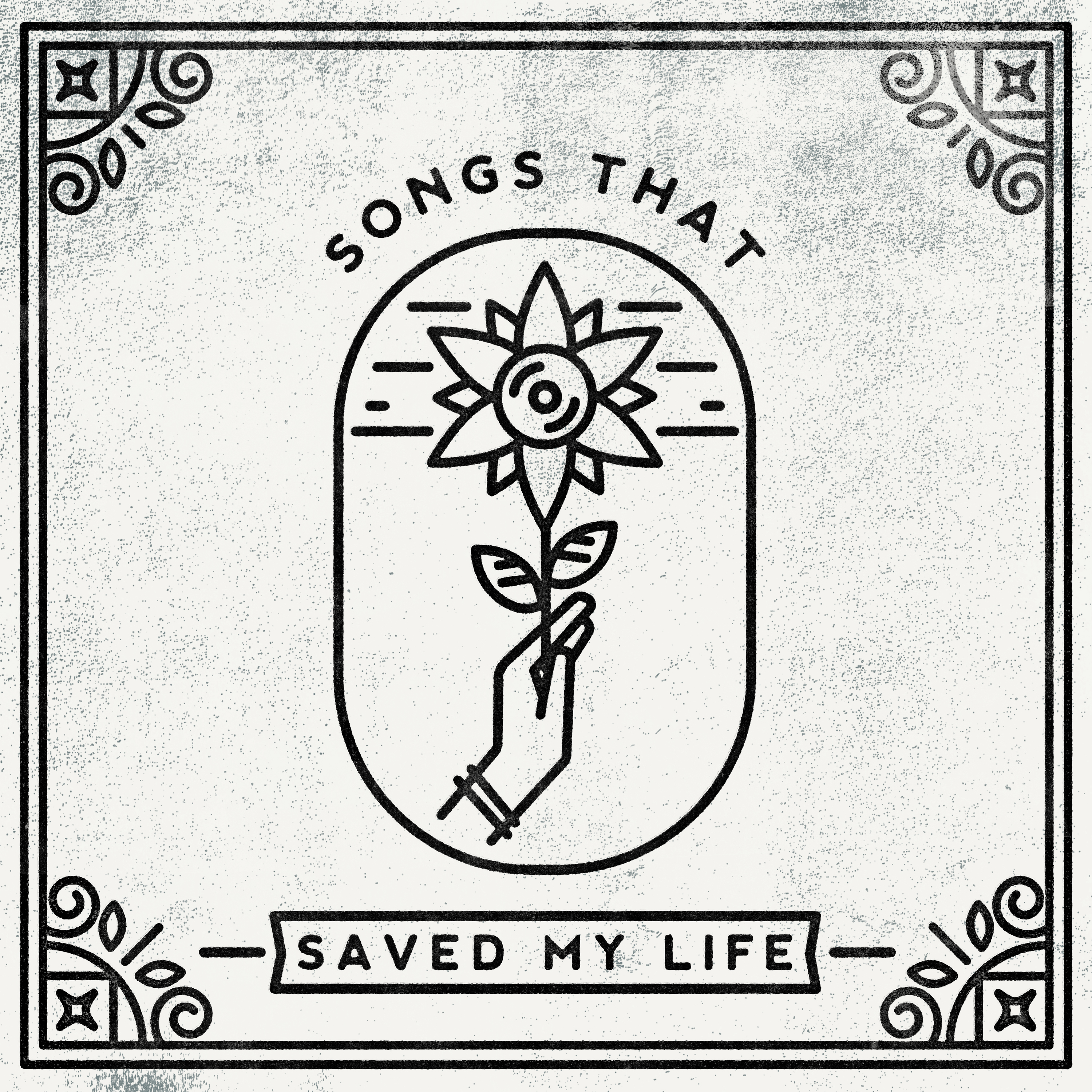
In conjunction with World Suicide Prevention Day on 10 September, indie-punk label Hopeless Records, together with their non-profit organisation Sub City, released Songs That Saved My Life, a compilation album featuring bands like Neck Deep, Taking Back Sunday, Against Me!, Dance Gavin Dance, The Maine and more. Neck Deep’s cover of Natalia Imbruglia’s ‘Torn’ was released on the same day with a complete reenactment of the original video.
We had a chat with Hopeless Records’s CEO Louis Posen again to talk about the idea behind the project, and how important it is to have a conversation about it.
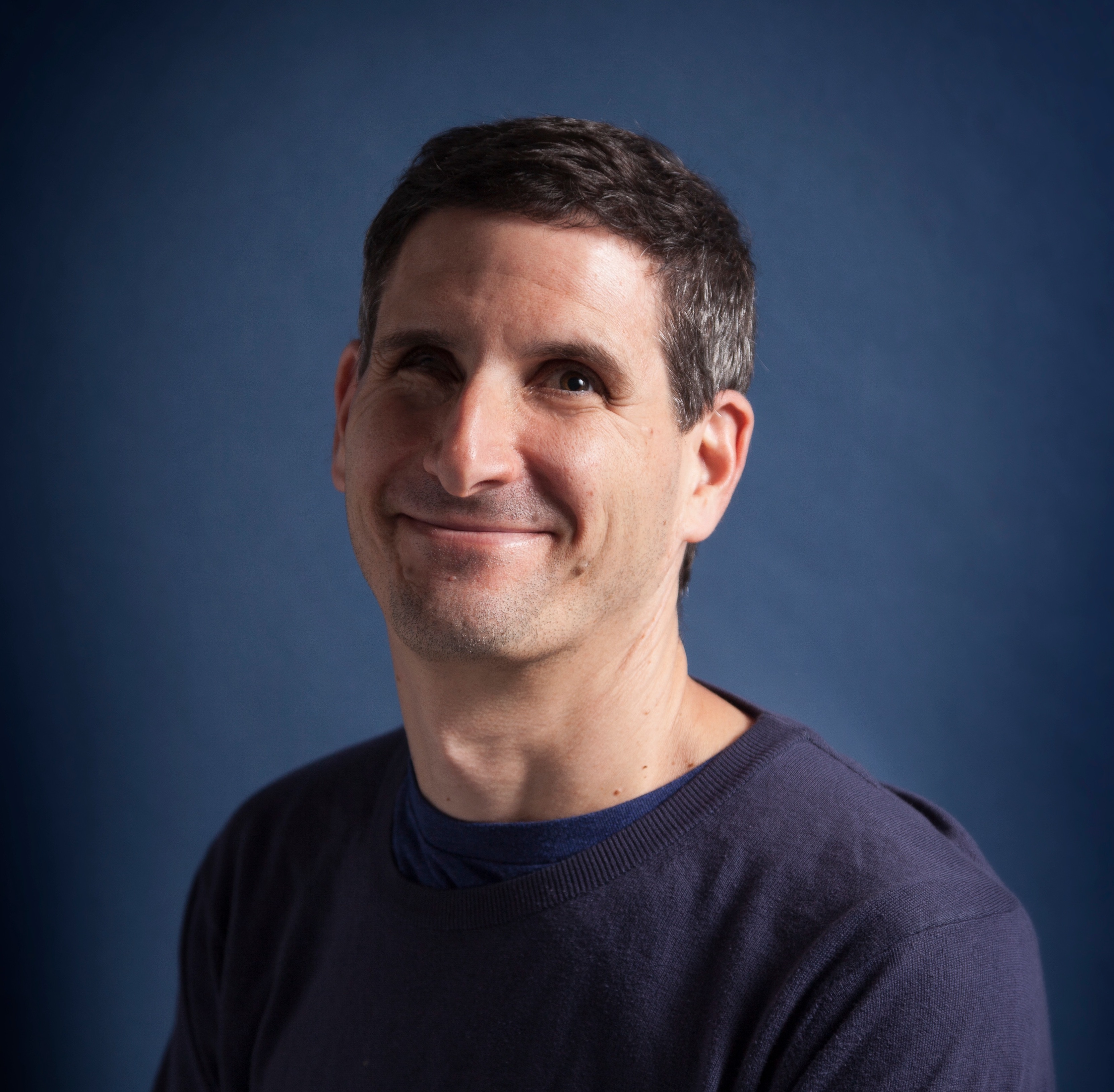
As someone who grew up in a time when punk and metal was big in Malaysia, I feel like this album speaks for what the community represents–openness, tolerance, understanding and acceptance. Do you think that’s why a lot of people are drawn towards these genres?
Punk rock historically has welcomed people who thought and felt differently than what is expressed in mainstream society. Its roots are in not conforming to the status quo. I believe most niche music genres have a lifestyle and cultural aspect to them that goes beyond the sound of the music.
I feel like punk in general has always brought up subject matters that people aren’t particularly fond of, like mental health. Do you think it’s important to create more projects like this?
To me punk rock has always been about “movements” to express what many feel but are scared to express. I think all music is a powerful platform to open people’s minds, influence their current way of thinking and connect people for a common cause.
How was the experience working on this with the rest of the amazing bands and organisations?
It’s very rewarding to work with a wide group of people for something larger than ourselves. In everyday life we may have different goals and interests but when you find a cause we can all work on together, it’s endless on what can be accomplished.
The stigma surrounding mental illness & suicide is slowly breaking down. Although it’s still a taboo here in Asia, a lot of people are ready to have this kind of conversation and I feel it’s important to have dialogue…
Absolutely. I think the first step is creating an environment where it is safe to talk about the issues. We are still very far away, even in the most progressive cultures, in having mental health be no different than physical health. One day we’ll be able to talk about depression and anxiety the way we talk about the flu or a broken arm. It’s something we have and something we may need help to resolve.
So what are the songs that saved your life?
I have tons of songs and artists who have saved my life. Three of them are ‘Los Angeles’ by X from my middle school days, ‘Say Hello, Wave Goodbye’ by Soft Cell from my high school days, and ‘Hopeless’ by Guttermouth, which changed the path of my career.
Songs That Saved My Life is now available. Get it here.


 Get Audio+
Get Audio+ Hot FM
Hot FM Kool 101
Kool 101 Eight FM
Eight FM Fly FM
Fly FM Molek FM
Molek FM